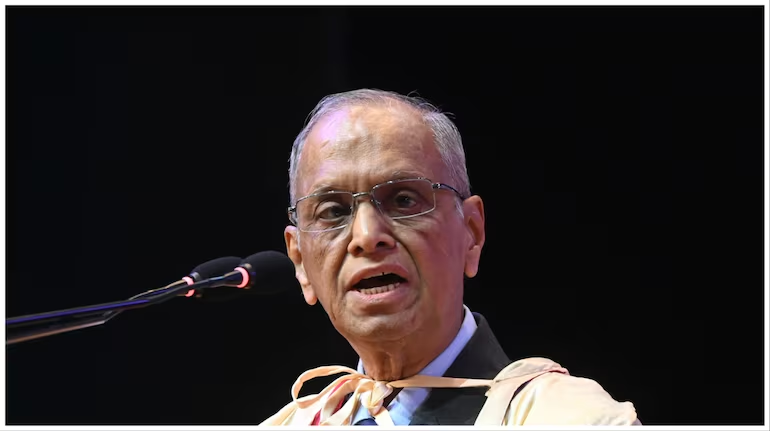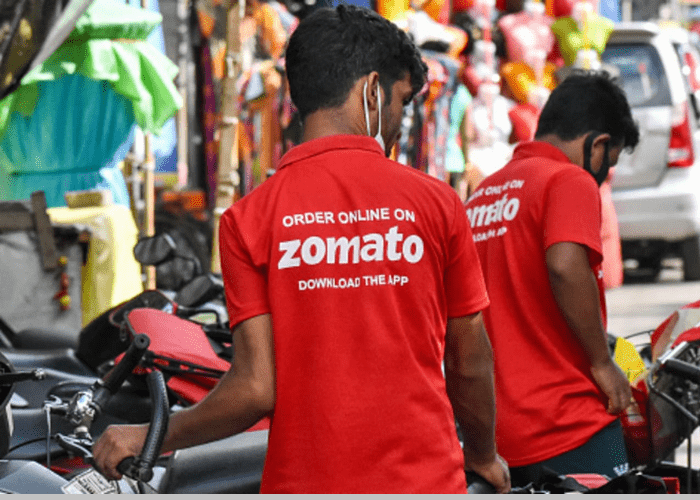A new study reveals that young workers in India and globally are demanding better pay for fully on-site roles, while emphasizing the importance of work-life balance and hybrid working. According to BSI’s 2025 Global Workforce Entrants Study, 75% of younger employees in India believe that jobs requiring a full-time presence should come with higher salaries compared to remote positions.
The study, which surveyed over 4,700 people who began their careers post-2020, sheds light on the needs and expectations of the “hybrid generation”—a workforce that has little to no experience of the pre-pandemic office culture. Despite the global shift to remote and hybrid work, the study highlights that young workers are more inclined towards a hybrid work model, with 30% of Indian respondents preferring this style over fully remote (25%) or fully onsite (25%).
While flexibility is highly valued, employees also desire consistency and trust in their work environments. According to the findings, 49% of Indian workers would consider leaving their jobs if forced to work entirely on-site. Flexibility, including core hours and condensed workweeks, emerged as a crucial factor for retaining talent, with 77% of employees agreeing that on-site jobs should offer greater flexibility.
“Work-life balance is a top priority for us, and we need employers to recognize that,” says a survey respondent from Bangalore. “We’re not just looking for a paycheck but a healthy lifestyle too.”
Mental health also plays a significant role in shaping workers’ decisions. The study found that 33% of respondents reported negative impacts on their mental health due to remote work during the pandemic, but a hybrid setup enhanced their well-being by offering the right balance of social interaction and autonomy. Additionally, more than a quarter (26%) of respondents said social anxiety would deter them from accepting a fully on-site role.
As for career development, work-life balance takes precedence over financial incentives. While 32% of young workers prioritize salary, 50% of Indian workers highlighted a healthy work-life balance as their primary motivator in professional life. Many expressed a desire for employers to adopt more inclusive and employee-friendly policies to support their overall well-being, such as mental health initiatives and a culture of trust.
“The pandemic changed everything for us. We’re looking for jobs that offer more than just pay,” says Priya, a young professional working in Delhi. “Hybrid work models that promote mental health and flexibility are a game-changer for us.”
In addition, personal connection remains crucial. Despite the growing preference for remote work, 46% of Indian employees prefer in-person meetings for one-on-one conversations. This finding reflects the hybrid generation’s need for genuine human interaction in the workplace, even if the majority of their work can be done remotely.
“We understand the value of technology, but we also need human connection,” said Ravi, a recent entrant in the tech industry. “It’s about getting the best of both worlds.”
The study suggests that employers need to rethink their approach to workplace flexibility, mental health support, and compensation to meet the evolving demands of the hybrid generation. As these workers continue to shape the future of work, organizations will need to adapt their strategies to offer work environments that balance flexibility, well-being, and career growth.
Source – https://www.bwpeople.in/article/young-workers-demand-higher-pay-for-onsite-roles-study-553238



















